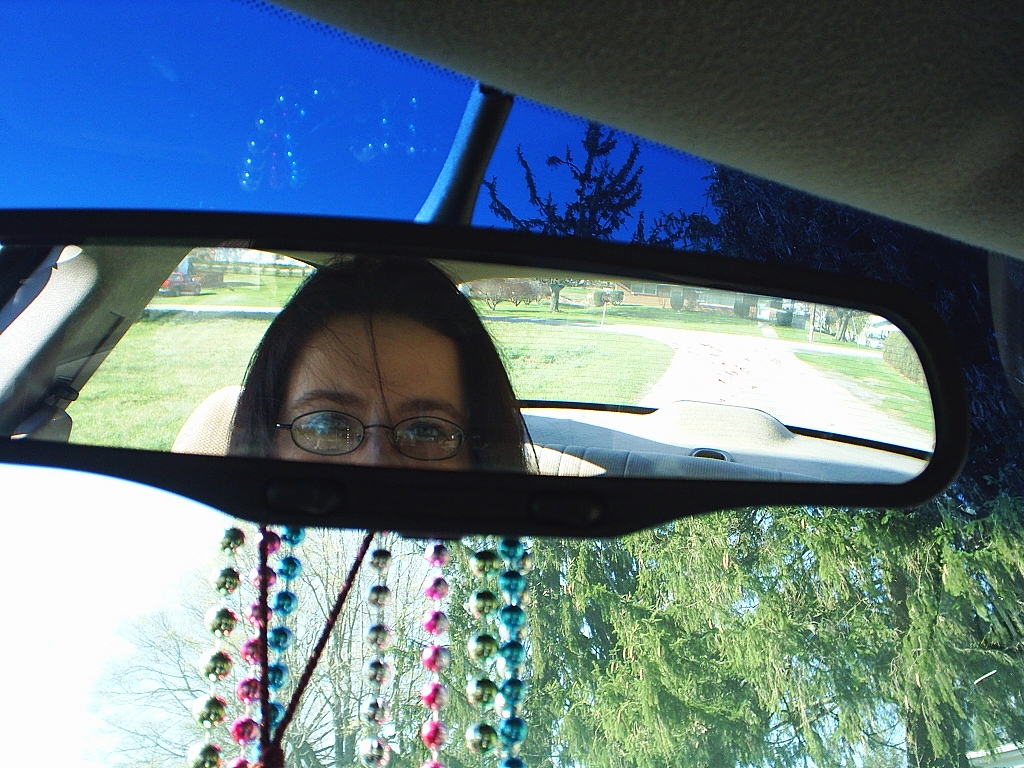However, even though I haven't read much of anything in this script book for Sunshine, I did read Alex Garland's introduction. He's like so many "famous" people in that I want to sort of sit him down and just pick his brain for a while. I think it's so interesting the way he talks about the film and the "crew member" at the end... It's the same thing I've thought about over and over. Straight from the horse's mouth, eh?
Here's the introduction... it's copyright to him. I didn't write it.
Sunshine was created out of a love of science, and of science fiction. In the same way that 28 Days Later attempted to look back towards older post-apocalyptic stories, such as Dawn of the Dead and Day of the Triffids, Sunshine looked back to films such as 2001, Alien, Dark Star and the original Solaris. This was slow-paced, outer-space science fiction. Hallucinatory sci fi about star travel and feeling claustrophobic while gazing into the void. A sub-genre, linked by a common theme: that what man finds in deep space is his unconscious.
Aside from being a love letter to its antecedents, I wrote Sunshine as a film about atheism. A crew is en route to a God-like entity: the Sun. The Sun is larger and more powerful than we can imagine. The Sun gave us life, and can take it away. It is nurturing, in that it provides the means of our survival, but also terrifying and hostile, in that it will blind us if we look directly upon it, and its surface is as lethal to man as an environment can get.
As the crew travel nearer to the Sun, the majesty of the burning star fries their minds. The crew are hypnotised by it, or baffled by it, or driven mad by it. Ultimately, even the most rational crew member is overwhelmed by his sense of wonder and, as he falls into the star, he believes he is touching the face of God.
But he isn't. The Sun is God-like, but not God. Not a conscious being. Not a divine architect. And the crew member is only doing what man has always done: making an awestruck category error when confronted with our small place within the vast and neutral scheme of things.
The director, Danny Boyle, who is not atheistic in the way that I am, felt differently. He believed that the crew actually were meeting God. I didn't see this as a major problem, because the difference in our approach wasn't in conflict with the way in which the story would be told. The two interpretations that could be made from the narrative were the same two interpretations that could be made from the world around us. In that respect, perhaps the difference was even appropriate.

No comments:
Post a Comment